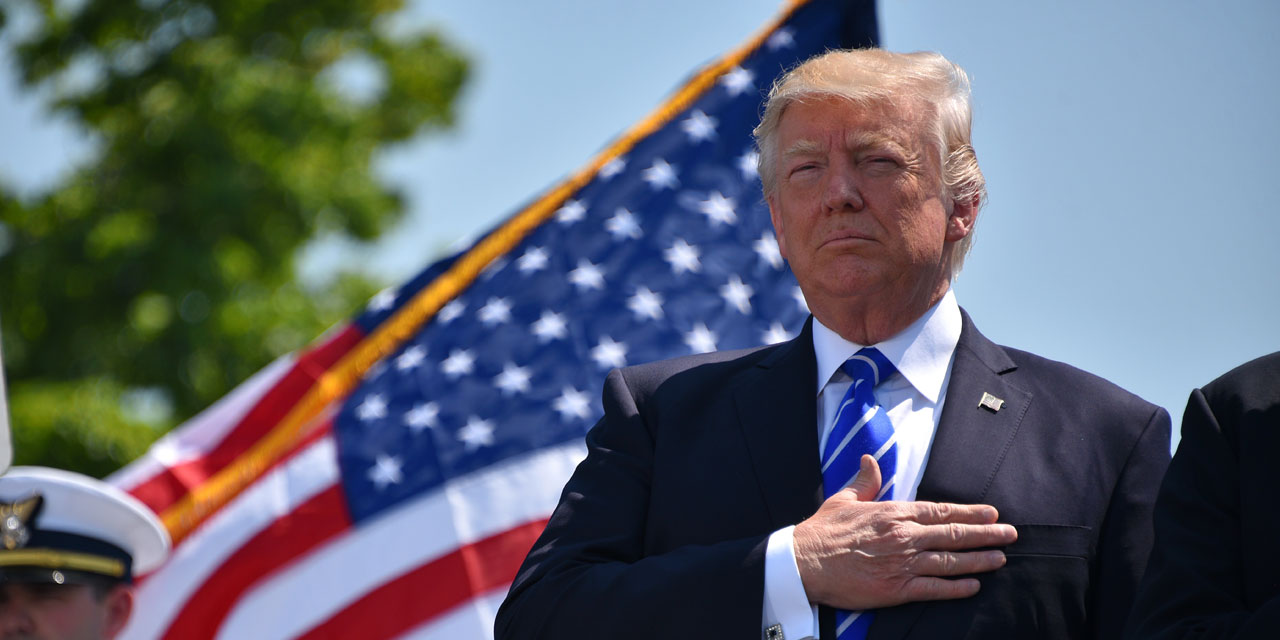For the second time this year, the United States president has canceled a planned trip to Colombia, which is undergoing a major security crisis after Donald Trump ally Ivan Duque took office.
An internal White House email Friday said that Trump’s “planned travel to Bogota, Colombia 2-3 December has been canceled,” according to the web site Politico.
The White House gave no explanation for canceling the trip.
It came a few days after Bogota was spooked by leaks from an anonymous Colombian diplomat about alleged plots, possibly involving Washington DC, to invade neighboring Venezuela and topple its government.
US National Security Advisor John Bolton then added more fuel to that fire Thursday in a major speech in Miami, coming closer than ever to suggesting intervention in Venezuela, Nicaragua and Cuba. “We are an impatient people,” Bolton threatened.
Which loose-lipped diplomat leaked Colombia’s alleged plot to topple Maduro?
Breaking promises: a habit in Colombia and in Washington DC?
Trump’s December visit is not the first to be canceled this year; he previously cancelled a trip planned for April. The reason given that was given then was that he needed to focus on developments in Syria.
Trump has no particular interest in Colombian affairs, though it is the US’ strongest military ally in Latin America. And Washington may not have a coherent message to deliver, given the helter-skelter of mismatched signals coming from government sources. This makes managing the Colombia-US relationship more difficult for an already understaffed State Department and Embassy.
On Thursday, for example, the day before the cancellation, US National Security Advisor John Bolton gave Colombian President Ivan Duque a shout-out that might not have been highly appreciated in Bogota.
Withe House compares Duque to Brazil’s far-right
In his Miami speech, Bolton–Trump’s top foreign policy aide–said, “The recent elections of like-minded leaders in key countries, including Ivan Duque in Colombia, and last weekend Jair Bolsonaro in Brazil, are positive signs for the future of the region.”
Bolsonaro is “known for misogynistic, racist and homophobic remarks, approving comments about military rule and an environmental outlook that critics say could spell ‘global disaster,’” said CNN news.
Duque, by contrast, has tried to come across as a conciliatory centrist and play down ties with his right-wing political base, an effort somewhat undermined by Bolton’s rhetoric linking the two as “like-minded.”
Diplomatic stumbling continues
In another recent US misstep, it was revealed last month that the US Drug Enforcement Agency’s office in Colombia reportedly had a former official passing classified information to narcos and a regional director using government funds to visit prostitutes.
The DEA in Colombia: Losing the drug war, but having a lot of sex
Also, the US continues to press Colombia to follow a harsh mandatory coca elimination program that has faced opposition in rural areas and is in direct opposition to a UN-led strategy that would focus on alternative economic development rather than aerial delivered glyphosate, a harmful herbicide.
The US insists on pursuing its old strategy though evidence strongly suggests it has been counter-productive and fueling the formation of illegal transnational armed groups.
The UN and local think tanks have urged the need for crop substitution programs and rural development to allow more than a 100,0000 farmers currently growing coca into to legal economy. This has worked in other countries.
Colombia’s cocaine production and export
Furthermore, the Colombian government faces 273 lawsuits as a result of damage to crops, land and water caused by earlier glyphosate spraying, El Tiempo newspaper reported Thursday. Another 116 lawsuits have been settled, it reported.
The DEA’s embarrassments add to growing concerns that the counter-narcotics agency could have meddled, leaving irreparable damage to Colombia’s peace process that seek to end decades of armed conflict.
Did a DEA hoax devastate Colombia’s peace process?
To make American diplomatic matters worse, the US ambassador to Colombia, Kevin Whitaker, remains a lame duck nearly two years into the Trump administration.
Because of ongoing failures to replace Whitaker, he has become the longest serving US ambassador anywhere in the world, having held the post for 55 months. An effort to appoint his successor has been delayed in the US Senate.


